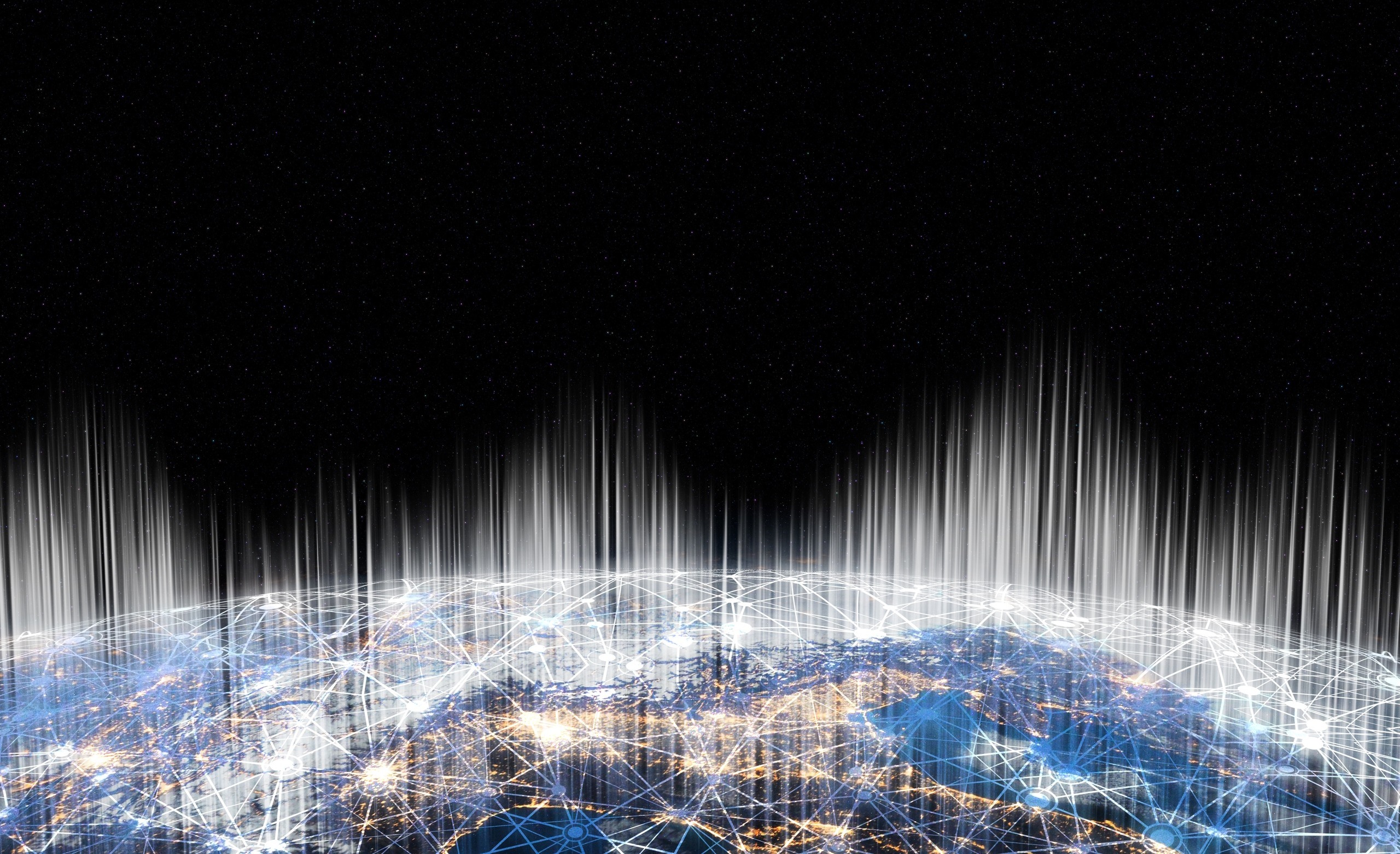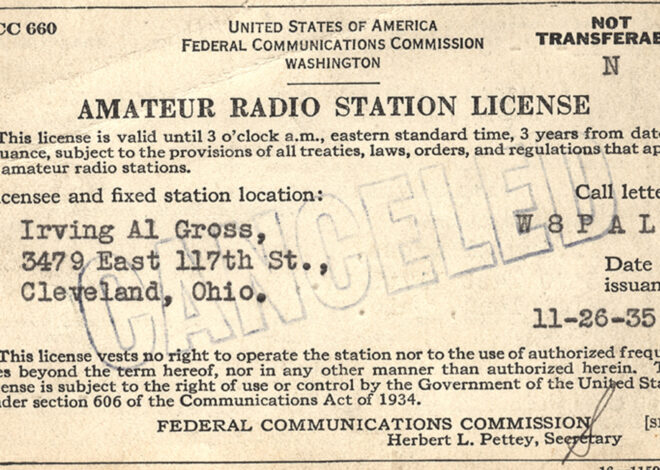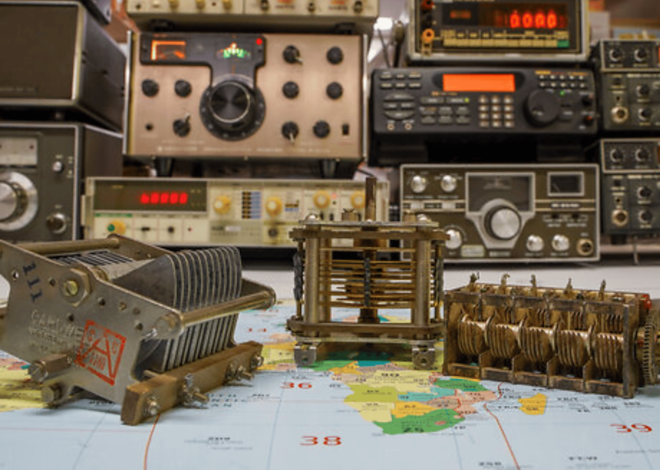
How To Survive An Internet Apocalypse
In this blog post, we are going to focus our attention on how to survive an internet apocalypse. Welcome to the digital age, where our lives are intricately woven into the vast web of the internet. But what if one day, this virtual realm we rely on so heavily suddenly disappears?
Imagine a world plunged into chaos as communication, information, and connectivity vanish in an instant. This hypothetical scenario is known as an Internet Apocalypse – a frightening concept that may seem far-fetched but deserves our attention and preparation.
So, how can you survive such a catastrophe? Join us as we explore strategies to navigate a world without the internet and emerge resilient on the other side.
The Potential Causes of an Internet Apocalypse
The potential causes of an internet apocalypse could range from a massive cyberattack to natural disasters disrupting vital infrastructure. Cybercriminals gaining access to critical systems or even solar flares interfering with satellite communications are all plausible scenarios.
A widespread power outage due to a grid failure could also lead to an internet blackout, leaving us disconnected and vulnerable. As our reliance on technology grows, so does the risk of a catastrophic event crippling our digital networks. With billions of devices connected worldwide, any disruption in the chain can have far-reaching consequences.
Governments and organizations must constantly work towards strengthening cybersecurity measures and investing in backup systems to mitigate these risks. Being aware of the vulnerabilities that exist within our interconnected world is crucial in preparing for a potential internet apocalypse before it’s too late.
Preparing for an Internet Apocalypse
Imagine what life would be like without the internet – no social media, no online shopping, no instant communication. It may seem like a distant possibility, but preparing for an Internet Apocalypse is crucial in today’s digital age.
To get ready for such an event, start by creating physical copies of important documents like identification papers, medical records, and contact information. Having these hard copies can be a lifesaver when access to online resources is limited or non-existent.
Consider investing in offline storage solutions like external hard drives or USB flash drives to store essential data and files. These devices can provide access to critical information even without an internet connection.
Additionally, learning basic survival skills such as navigation using maps and compasses, first aid training, and how to purify water can prove invaluable during times of crisis. Being prepared for the unexpected is key to surviving an Internet Apocalypse.
Strategies to Survive Without the Internet
In an era where we heavily rely on the internet for almost everything, facing an internet apocalypse can be daunting. However, with the right strategies, it is possible to survive without this modern convenience.
One key strategy is to stock up on physical books and resources that can provide valuable information. Having offline backups of important documents and instructions can also come in handy during such times.
Learning basic survival skills like navigation without GPS or cooking without online recipes can greatly enhance your chances of thriving in an internet-less environment. Additionally, building a network of trusted individuals who share similar values and preparedness mindset can offer support and collaboration opportunities.
Embracing alternative communication methods such as two-way radios or postal mail can help stay connected with loved ones when digital communication channels are down. Honing traditional skills like gardening, sewing, or woodworking can provide you with essential self-sufficiency in a post-internet world.
Staying Connected without Technology
The thought of staying connected without it may seem daunting. However, in the face of an Internet apocalypse, alternative methods can be utilized to maintain communication with loved ones and the community.
Embracing traditional forms of communication such as writing letters can create a sense of connection that transcends digital barriers. The charm of receiving a handwritten note in times of crisis can provide comfort and reassurance.
Engaging in face-to-face interactions becomes vital when technology fails us. Meeting neighbors or organizing community gatherings fosters relationships and promotes unity during challenging times.
Exploring hobbies like gardening or crafting not only serves as a source of entertainment but also allows for bonding experiences with family members offline. Disconnecting from screens opens doors to meaningful connections within our immediate surroundings.
Adapting to low-tech solutions like using radios or walkie-talkies enables real-time communication without relying on Wi-Fi or cellular networks. By embracing these analog methods, we can navigate through an Internet apocalypse with resilience and creativity.
Rebuilding the Internet After an Apocalypse
In the aftermath of an internet apocalypse, the task of rebuilding our digital world may seem daunting. However, resilience and innovation will be key in restoring connectivity.
Communities will need to come together to share knowledge and resources, laying down the groundwork for a new online infrastructure. Tech experts and enthusiasts can collaborate on creating decentralized networks that are more resilient to future disruptions.
Investing in cybersecurity measures will be crucial to prevent similar catastrophes from occurring again. Governments and organizations must work towards establishing protocols for swift response in case of emergencies.
Education on digital literacy and internet safety should be prioritized as we rebuild. Empowering individuals with skills to navigate cyberspace securely is essential for a robust online community post-apocalypse.
By working hand-in-hand, we can reconstruct a stronger, more secure internet that serves as a beacon of connection and progress in a recovering world.
Conclusion: The Importance of Being Prepared for Any Disaster
It is crucial to recognize the significance of being prepared for any disaster, including an Internet apocalypse. In today’s digital age, where our reliance on the internet is at an all-time high, it is essential to have contingency plans in place.
By understanding the potential causes of an internet apocalypse and taking proactive steps to prepare for such a scenario, you can increase your chances of survival. Implementing strategies to survive without the internet, staying connected without technology, and actively participating in rebuilding efforts post-apocalypse are all vital components of being prepared.
Remember, when it comes to surviving an internet apocalypse or any other disaster, knowledge and preparation are key. Stay informed, stay vigilant, and be ready for whatever challenges may come your way. The ability to adapt and thrive in adverse circumstances will undoubtedly be invaluable when faced with unexpected disruptions – so start preparing today!



